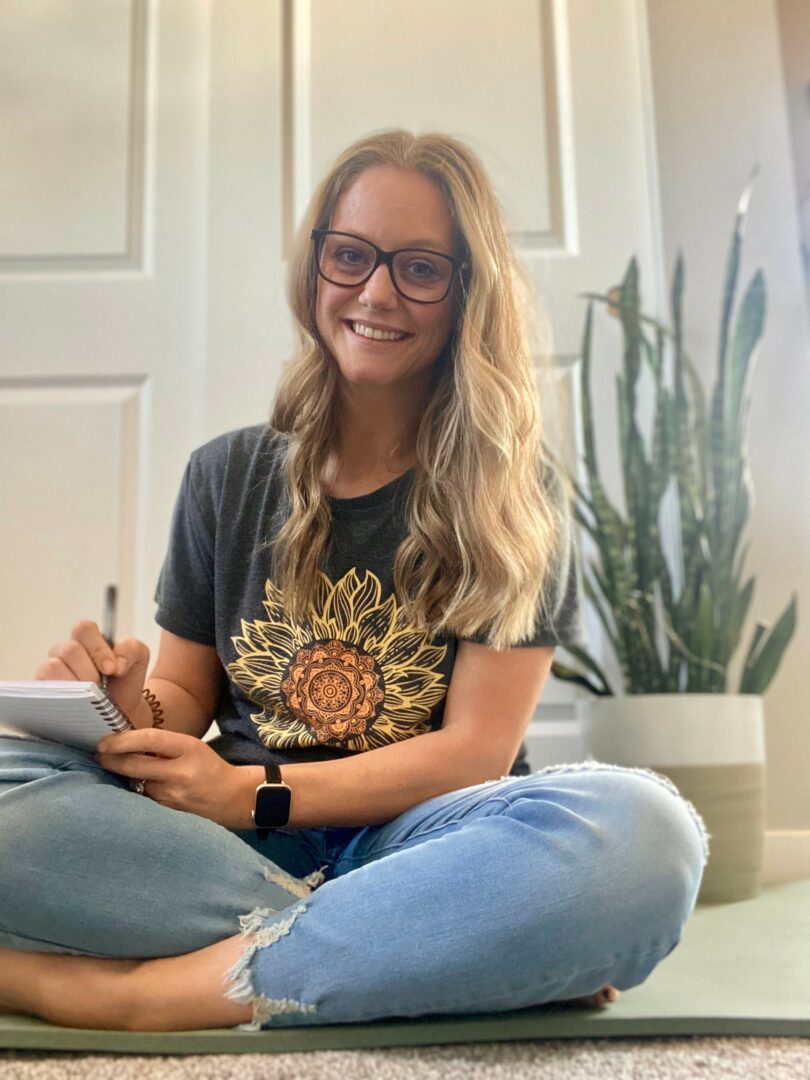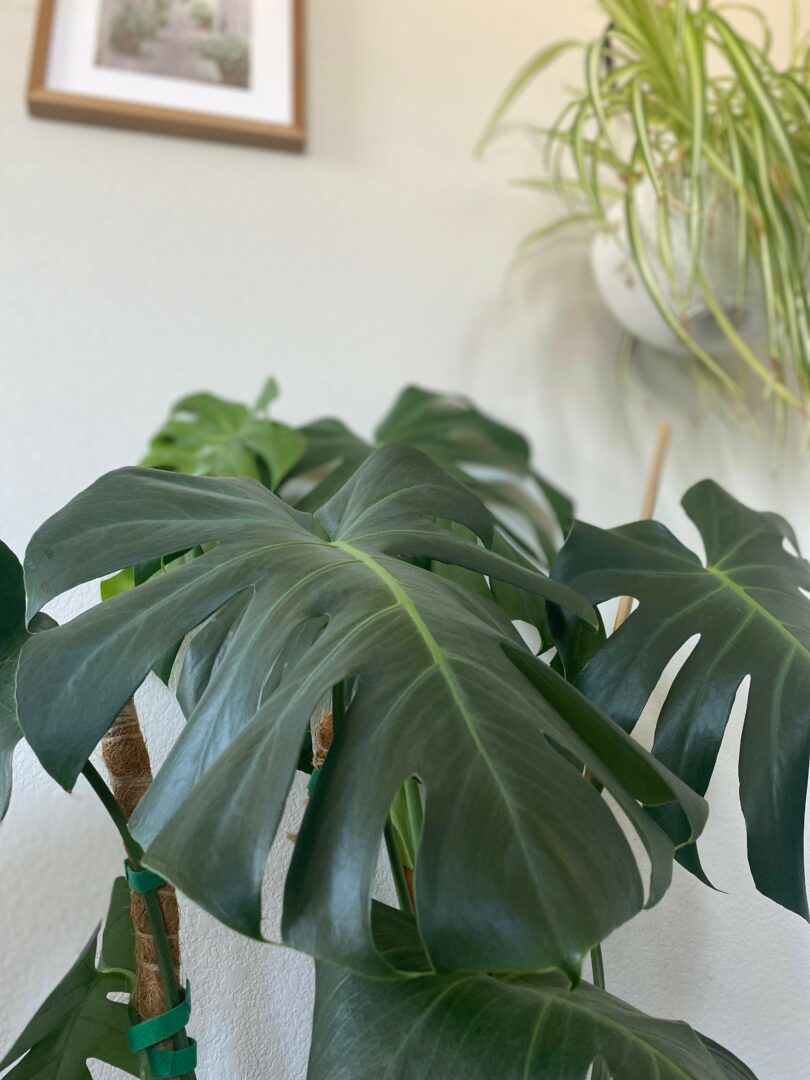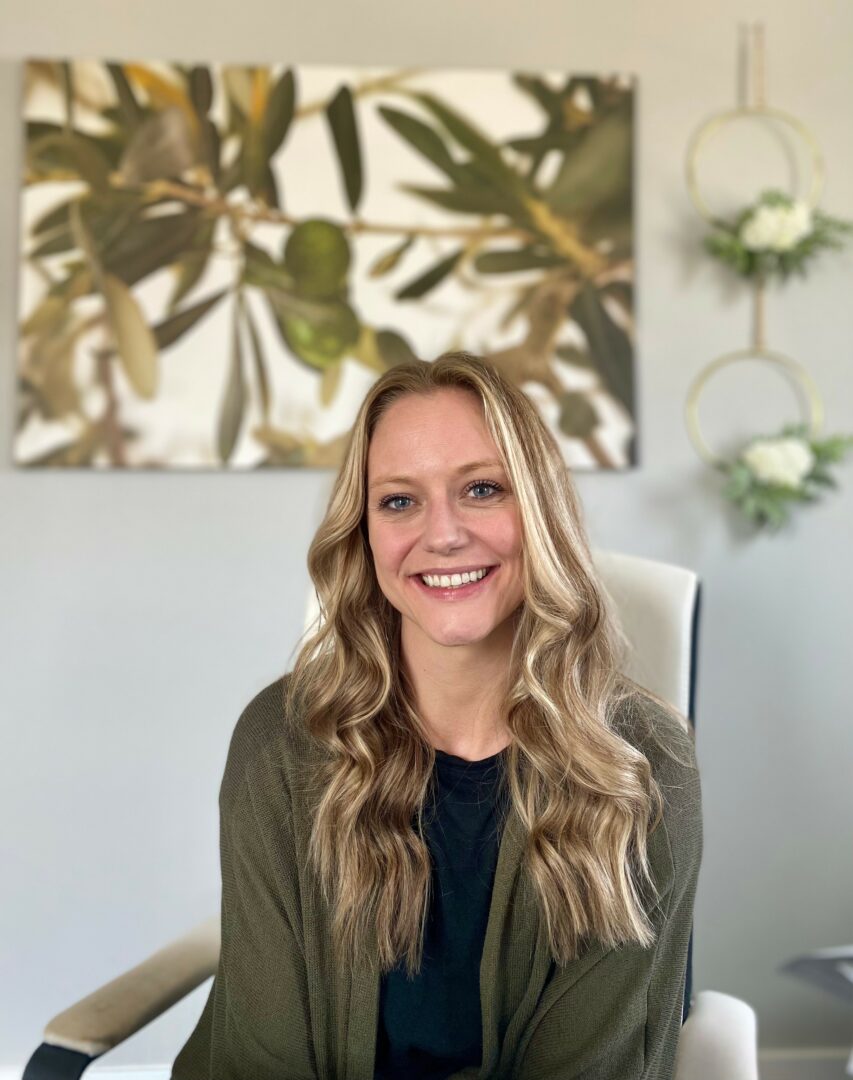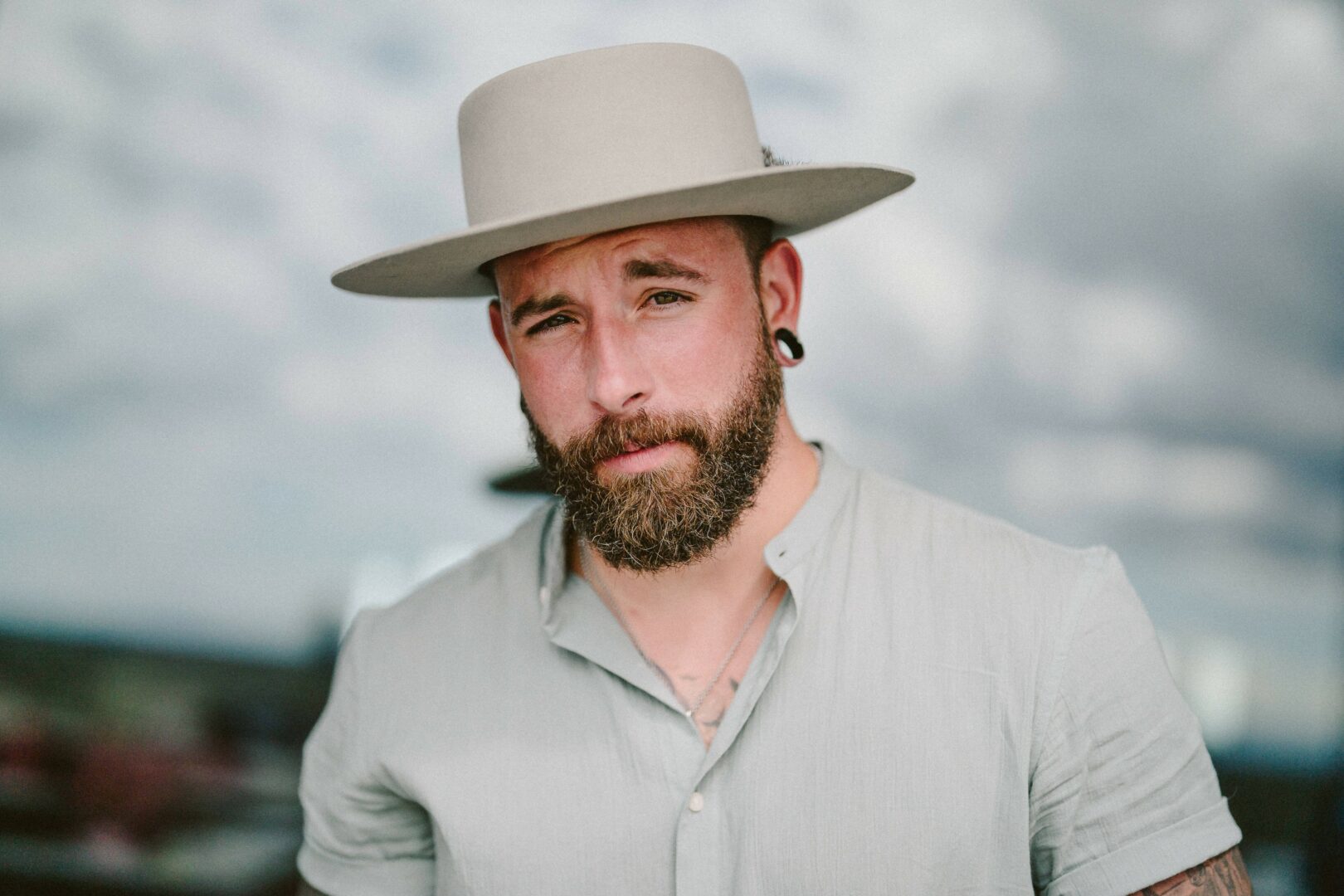We were lucky to catch up with Kelsey Schwartz recently and have shared our conversation below.
Kelsey, first a big thank you for taking the time to share your thoughts and insights with us today. I’m sure many of our readers will benefit from your wisdom, and one of the areas where we think your insight might be most helpful is related to imposter syndrome. Imposter syndrome is holding so many people back from reaching their true and highest potential and so we’d love to hear about your journey and how you overcame imposter syndrome.
It is really difficult to overcome imposter syndrome, but I believe I am finally at that place after being in the mental health field for 8 years. I had to recognize that most people didn’t go to school for what I went for, and don’t have the experience or knowledge that I do. Once I started recognizing that I know a lot more than I give myself credit for, then feeling competent started to get a little easier. I also was able to see others and how they started to get better in therapy with me, and that gave me a sense of pride and confidence that maybe I did know what I was doing!

Thanks, so before we move on maybe you can share a bit more about yourself?
I am a Licensed Clinical Social Worker in private practice that provides mental health counseling. I primarily work with women who have trauma and want to grow and heal. I also work with those that have depression and anxiety along with various other struggles that they may have. I really enjoy working with those who have a desire to learn about how their past has impacted them, and then move through it so they don’t get stuck in their pain.
Looking back, what do you think were the three qualities, skills, or areas of knowledge that were most impactful in your journey? What advice do you have for folks who are early in their journey in terms of how they can best develop or improve on these?
The first quality that helped me the most in my journey I’d have to say is my self-reflection. I am a very intuitive and deep-processor, and that has lead me to reflect on how I show up in my life with not only my work, but my family, friends, and even myself. If you don’t have self-reflection, it is really hard to figure out what your barriers are to achieving your goals.
The next I would have to say is humility. After recognizing what areas I struggled in, it took some humility to accept these, and work towards growth in order to move me closer to my goals.
Last would be compassion. This is not only for others which is crucial in the field of mental health, but also self-compassion. I have an innate sense of compassion for others, but learning to have self-compassion was a bit trickier. However, once I recognized that I am not expected to be perfect, I was able to take more risks and not be as scared of failure.

Before we go, any advice you can share with people who are feeling overwhelmed?
Feeling overwhelmed is something I unfortunately am familiar with. I have adopted strategies that I often teach my clients such as checking in with myself on a daily basis, if not multiple times a day to ensure that I’m not starting to become depleted. I think this preventative measure can help with learning to slow down and protect your energy and peace. Once overwhelmed, it is much harder to get back to baseline. However, when that happens, I will often go off into a quiet room, close my eyes, and just explore my internal world. I really try to ground myself and remind myself that I am only one person and can only accomplish as much as my energy allows me to accomplish. Some of these ways that I try to ground myself include exercising, deep breathing, going for walks and just paying attention to nature and the details of a tree, to recenter myself and my nervous system. I’ll also take a bath or eat comforting foods!
Contact Info:
- Website: https://schwartzcounselingllc.com
so if you or someone you know deserves recognition please let us know here.




